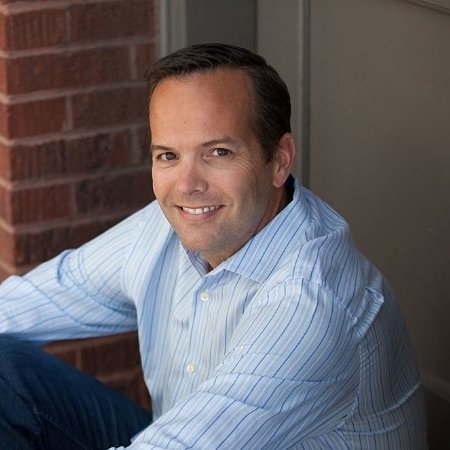Getting through college is tough and even more so in a recession. The Consumer Financial Protection Board...
David Drake
David Drake is an early-stage equity expert and the founder and chairman of LDJ Capital, a New York City private equity firm, and The Soho Loft, a global event-driven financial media company helping firms advertise for investors. He writes regularly for Forbes and Thomson Reuters. You can reach him directly at [email protected] or make connect on linkedin.com/in/ldjcapital
